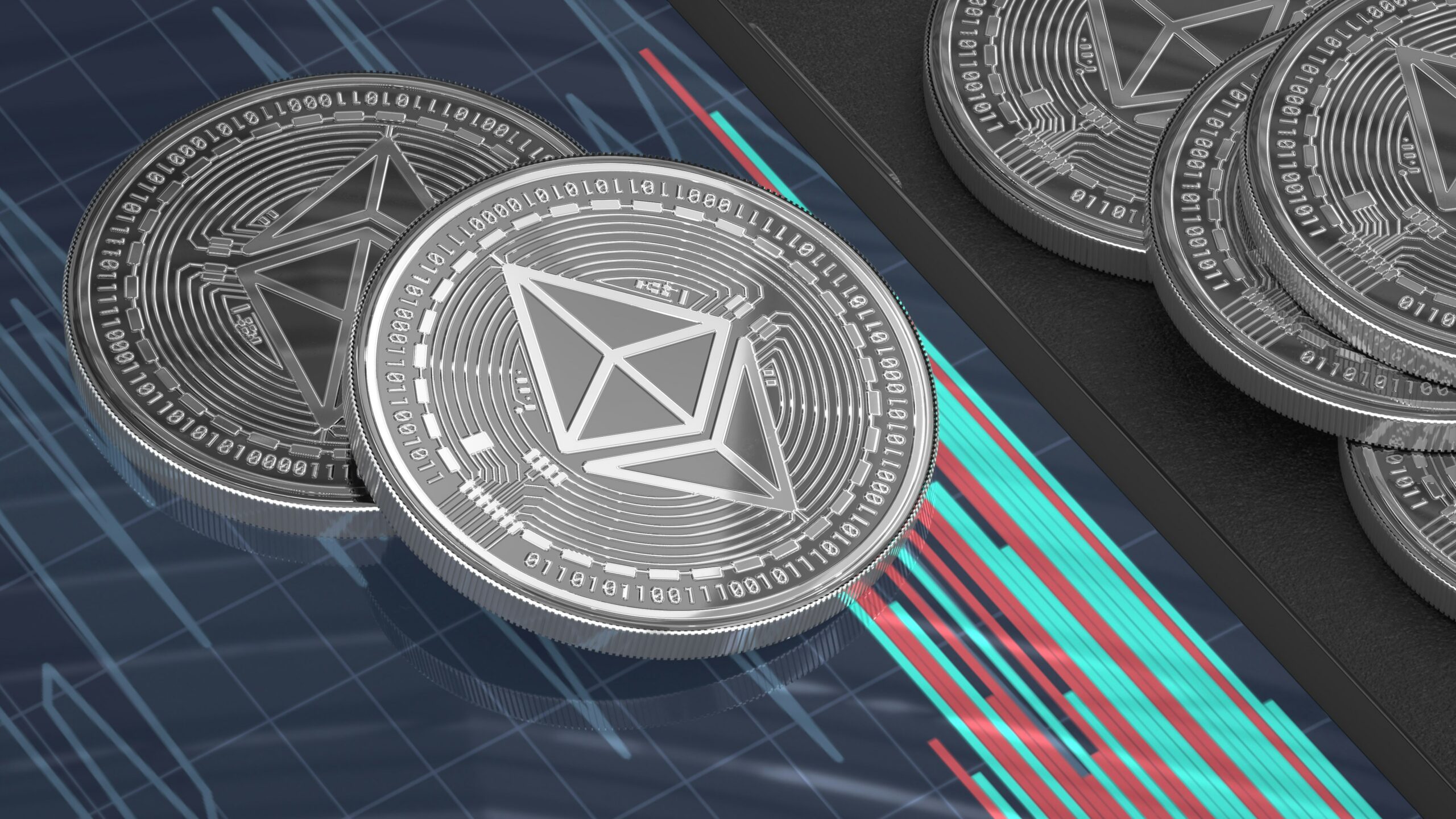Latin America’s blockchain developer community is showing a clear preference for building on established ecosystems like Ethereum and Polygon instead of launching entirely new base-layer protocols, according to a new report by consultancy firm Sherlock Communications.
The study, which gathered qualitative insights from 85 developers across Bolivia, Mexico, Brazil, and Peru, revealed that the region’s builders value transparency, coordination, and compliance. Developers highlighted the importance of intuitive tools, strong documentation, and networks with proven track records, criteria that Ethereum and Polygon have consistently met.
Established Ecosystems Dominate
Luiz Eduardo Abreu Hadad, blockchain consultant and researcher at Sherlock Communications, emphasized that Latin American developers are notable for their “strong technical maturity” and focus on practical, real-world issues. “Latin America has a growing, increasingly skilled developer community,” Hadad explained. While capable of creating new blockchain platforms, he noted that the “current reality” suggests the region will remain a hub for development and adoption within already established ecosystems.
Onchain data included in the report underscores this trend. Between June 2024 and June 2025, Ethereum accounted for more than 75% of the 697,000 blockchain transactions traced to wallets identified as being in Latin America. Polygon represented 11% of total activity but showed strong growth, nearly doubling its share to 20% by June 2025.
Local Innovation Still Rising
Despite the reliance on Ethereum and Polygon, Hadad stressed that the region is not without homegrown innovation. Brazil, for example, has seen national blockchain projects such as Núclea Chain and RBB, which demonstrate the potential for local platforms to gain global recognition. Additionally, tokenization projects are emerging as an area where Latin American developers could lead, especially in financial services and supply chain solutions.
The Next Generation: DApps and RWAs
Looking ahead, the next wave of developers. students, hackathon participants, and early-stage builders. are positioning themselves around decentralized applications (DApps) and real-world asset (RWA) tokenization. According to Hadad, these new entrants are particularly drawn to opportunities in reshaping social media, powering the creator economy, and improving supply chain traceability.
Decentralized physical infrastructure networks (DePIN) and RWA use cases have also gained traction, reflecting a shift toward applications that bridge blockchain with tangible, everyday utility. Developers in the region are focusing on ecosystems that offer not only stability and scalability but also sustainable economic incentives.
“They look for stable ecosystems, intuitive tools, and sustainable economic incentives, focusing on solving real problems around trust, transparency, and usability,” Hadad told a leading news website.
A Regional Hub for Adoption
While new blockchain protocols may emerge from Latin America, the current trend suggests that developers are more interested in leveraging the reliability and scale of established ecosystems. With Ethereum and Polygon continuing to capture the bulk of activity, Latin America is positioning itself as a significant hub for decentralized development and adoption, shaping the next generation of blockchain applications that address real-world challenges.

